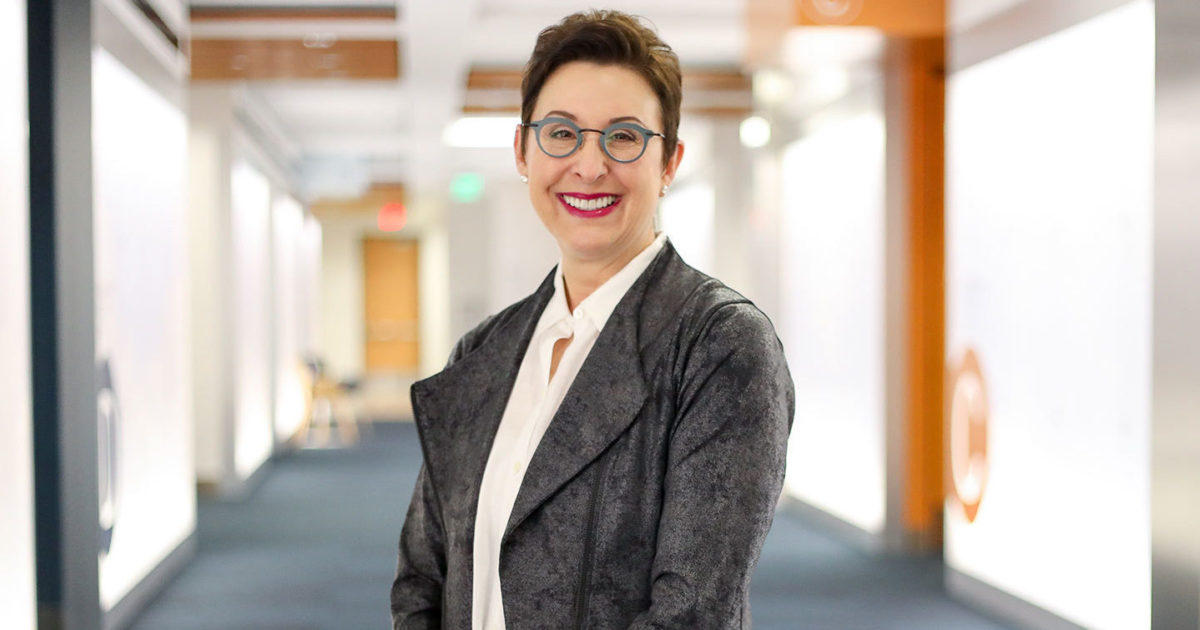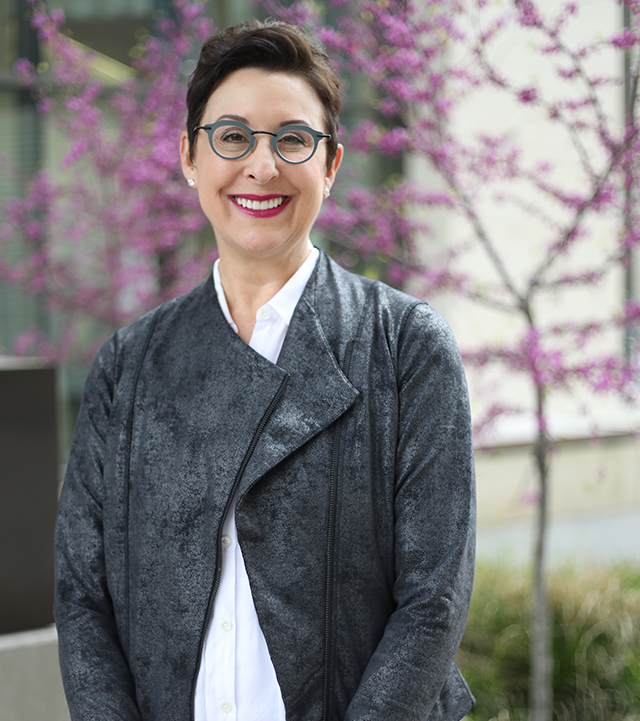One Woman. One Voice.
Bringing Awareness to Vulvodynia.

“I’m just one woman, one voice, that’s all. I want women to be comfortable enough to say, ‘This is what I have and I know I can get help’.”
Amy is new to the Austin area, she moved here less than two years ago to get away from the cold Michigan winters, to be closer to her daughter and to start a new chapter of her life with her husband. Her poised, yet effortlessly cool appearance, bubbly personality and generally kind-hearted character give you no indication that Amy suffers from vulvodynia and is constantly in pain.
According to the National Vulvodynia Association, as many as 16 percent of women in the United States suffer from vulvodynia at some point in their lives. Characterized by burning, stinging and stabbing sensations that affect the vulva area of the vagina, vulvodynia is often misdiagnosed and mistreated. Many women are embarrassed to talk about their symptoms and sometimes go years before receiving help.
“I’ve had vulvodynia for over 20 years; I’m now 60 and back then there really wasn’t much to know about it. Doctors would say they didn’t really know the cause and there was really nothing they could do,” explained Amy.
She saw a variety of different physicians over the years, was prescribed medication to dull some of the nerve pain she was having but nothing really seemed to work. “I felt there was no hope, but, in the back of my mind told myself that there has to be something, there has to be something out there,” said Amy. “But you just go on with your life, you have pain but you just live through the pain.”
When Amy moved down to Austin she was tasked with finding all new doctors. She has multiple sclerosis (MS) and upon consulting with her new neurologist she was referred to Women’s Health, a clinical partnership between UT Health Austin and Ascension Seton, to see a team of specialists that focus on a variety of gynecologic conditions including vulvar disorders. “I try not to have expectations just because of how everything has gone in the past, but I was still hopeful. New doctor, state of the art facility and I’m thinking, ok, this might be a start,” said Amy.

She met with Dr. Kimberly Carter who specializes in the treatment of vulvodynia as well as general women’s health and wellness. “When meeting with the providers, they gave me so much time. They were phenomenal, and really validated all of my feelings. I was able to open up and be very comfortable talking to them,” said Amy.
“After talking with Dr. Carter there was this a-ha moment. She said there is a correlation between MS and vulvodynia because they both deal with nerve pain,” Amy explained. “I can’t tell you, finding out there is a reason, that there is a cause for this, that moment was just life-changing for me.”
Amy also saw pelvic floor physical therapist Uchenna Ossai, DPT, PT, WCS, CLT, during her visit to discuss her treatment plan. “I had never really had a healthcare team approach before. It just covers all the bases, which is wonderful,” said Amy. “You’re having knowledge communicated from the doctor to the therapist, and in doing so, you’re going beyond just the diagnosis and treating the person as a whole.”
Amy recognizes that her condition is a work in progress, she may not get relief right away but she is confident that with her continued treatment plan it will happen someday. She hopes to be a sort of patient advocate for women, to help spread her story and talk about her struggles with vulvodynia so that other women don’t have to suffer alone. “Women just don’t really talk about it, which is so unfortunate and that’s something I want to see changed,” she said. “It’s not a stigma, we shouldn’t be embarrassed about it.”
She speaks about the positive emotional impact her treatment here at UT Health Austin has had on her daily life, and how she has never felt more confident and secure in her situation. “It’s always a pleasure coming in here and I don’t think you can say that about too many places and doctors,” mused Amy. “How fortunate am I, even at 60, that I can get some help. I feel, for the first time, I can talk about it and maybe even be a voice for those women who just started treatment.”
Amy’s message to other women is this: “Vulvodynia is something that is real, and it is painful, but, we are going to help and we are going to treat you with the utmost respect and care. The ultimate goal is quality of life, no matter what age you are.”
For more information about Women’s Health or to make an appointment, call 1-833-UT-CARES (1-833-882-2737) or visit here.